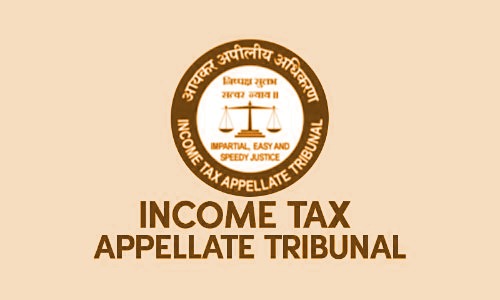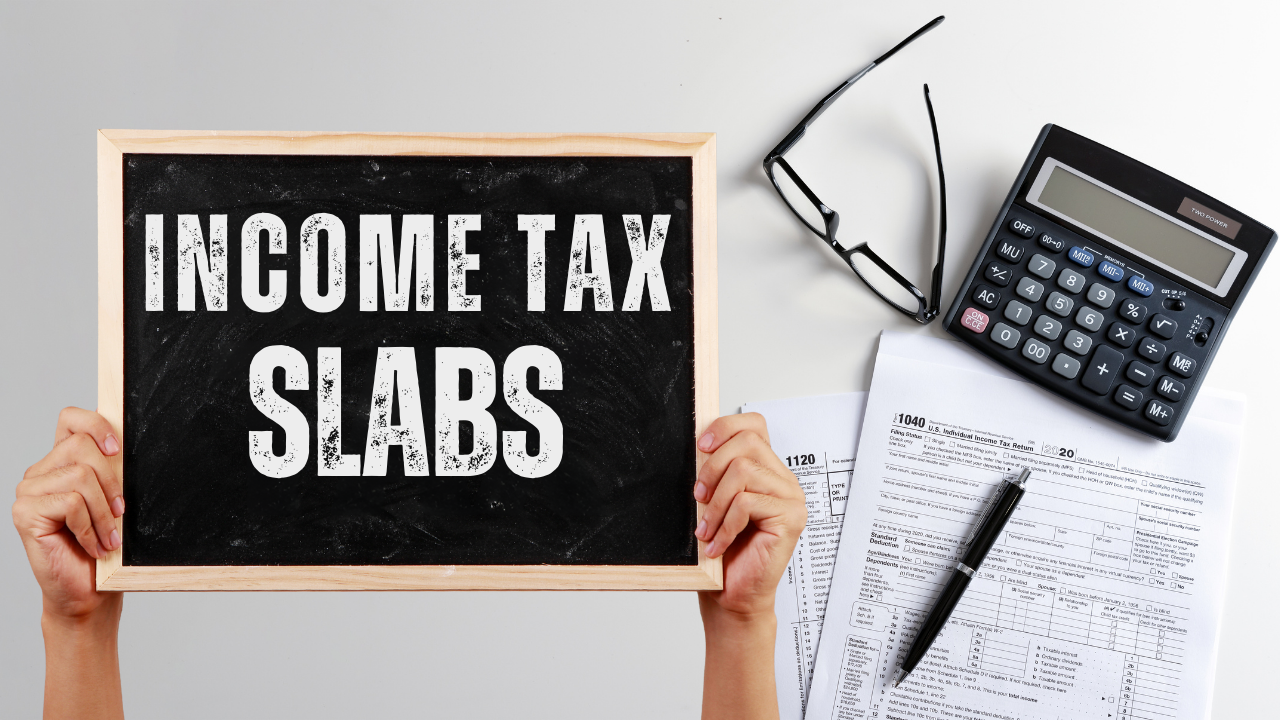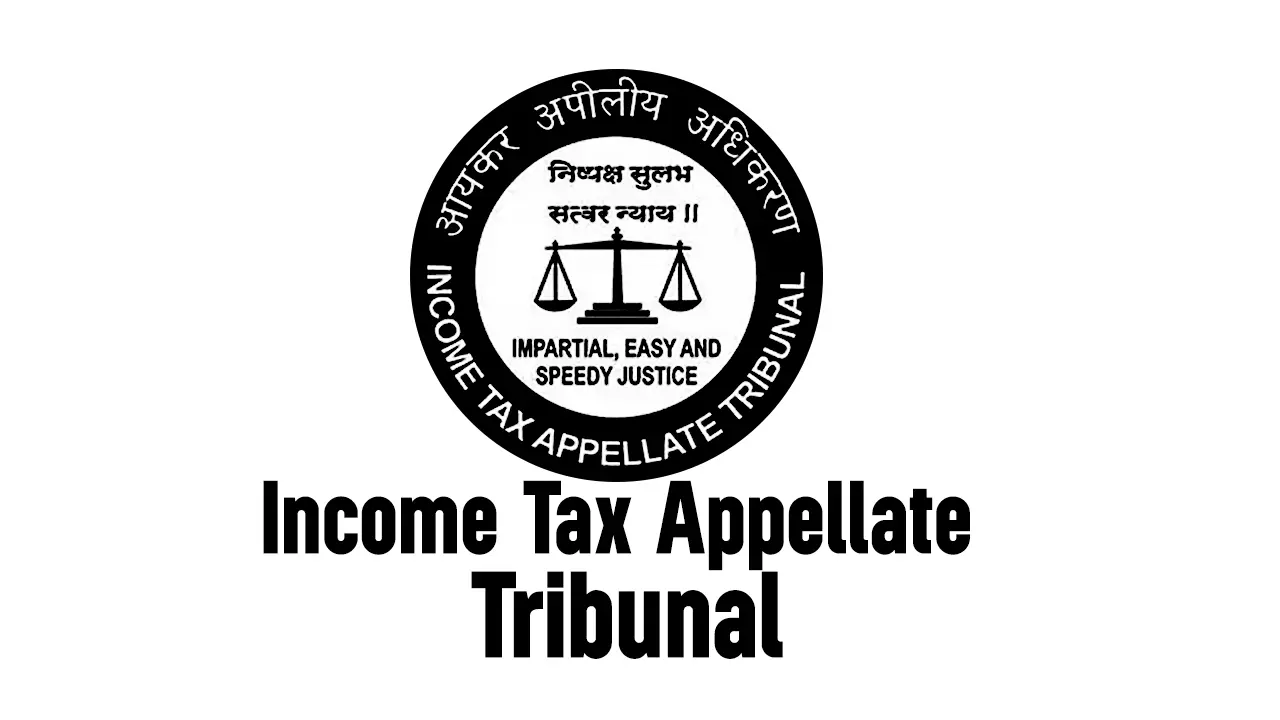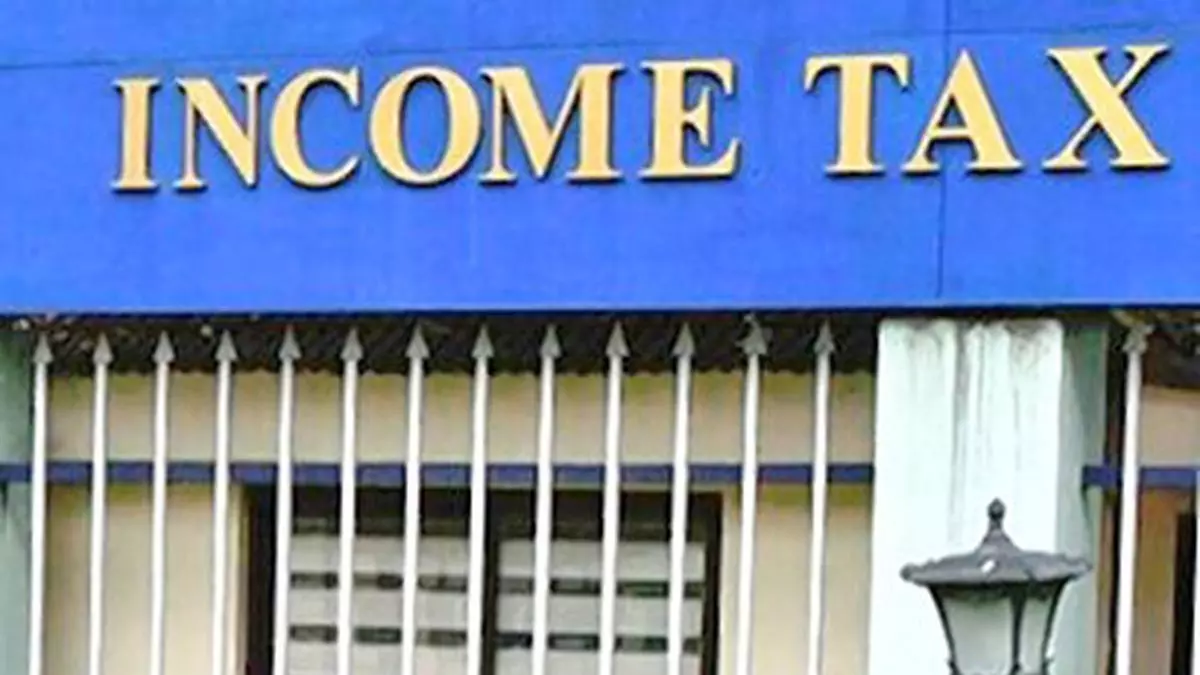Didn’t Understood Why Delhi High Court thrashed ICDS? – Here’s the Simplified Version of Story
Stay updated! Join our Email Newsletter for exclusive Articles, updates, and announcements.
Join our Email NewsletterBy CA Ankit Gulgulia (Jain)
“CBDT is meant to clarify the law, not change it. At the highest it can additionally notify the change in rates of depreciation etc.” {Para 97}
“The ICDS is not meant to overrule the provisions of the Act, the Rules thereunder and the judicial precedents applicable thereto as they stand.” {Para 102(ii)}
Perhaps, the above two lines of the judgement sums it up as how the Hon’ble Delhi Court sees the ICDS as encroaching the right of parliament and against well settled judicial precedents on computation of Income under the Provisions of Income Tax Act, 1961 and rules thereunder.
| In The Chamber of Tax Consultants & Anr. Versus Union of India & Ors2017 (11) TMI 465 – DELHI HIGH COURT dated 08th November, 2017, the Hon’ble Delhi HC has held that Section 145 (2), as amended, has to be read down to restrict power of the Central Government to notify ICDS that do not seek to override binding judicial precedents or provisions of the Act.
Further, ICDS-I, ICDS-II, Paragraph 10(a) & 12 of ICDS-III, para 5, para 6 & para 8(1) of ICDS-IV, ICDS-VI, ICDS-VII and Part-A of the ICDS-VIII failed to pass the test of judicial scrutiny these have been struck down as ultra vires the Act, the impugned notification Nos. 87 and 88 dated 29th September 2016 and Circular No. 10 of 2017 issued by the CBDT are also held to be ultra vires the Act and struck down as such. |
Analysis of Reasons why Court held Specific ICDS as Ultra Vires the Act
Hon’ble HC[i] held that
“It is only a competent legislature that can make a validation law to override judicial precedents and that too by actually removing the defect pointed out by such precedent. Such a power is not available to the executive. In other words, where there is a binding judicial precedent, by virtue of Articles 141 and 144 of the Constitution, it is not open to the executive to override it unless there is an amendment to the Act by way of a validation law.” {Para 42}.
Hence the Court cleared that ICDS that trespasses the established Judicial precedents are bad in law and shall be held Ultravires. This is the fundamental reason of all striking Down of ICDS. The Petitioners were able to prove to the courts that several aspects in specific ICDS were contrary to earlier judicial precedents which should then lead to these ICDS to be held ultravires the Act.
Understanding Why Specifically ICDS’s were against earlier Judicial Rulings
ICDS-1 :- The Prudence Factor Diluted in ICDS Version
This standard deals with significant accounting policies. It was contended that the concept of “prudence’ has been completely done away which was present in the earlier AS – I. It is submitted that the ICDS now stipulates that prudence is not to be followed unless specified, and that this is contrary to the decisions[ii].
The stand of the Respondents is that the concept of prudence has not been done away with but has been followed on a case to case basis and cannot be dealt with generally was not accepted by the court.
ICDS II – Valuation of Inventory in Dissolution of Firm – Business Continued Vs Business Not Continued not Differentiated by ICDS-II
ICDS-II pertains to valuation of inventories. Supreme Court[iii] earlier held that on the dissolution of a firm, where the business of firm is not discontinued and is taken over by other partners, the stock-in-trade of the firm can be valued at cost or market value, whichever is lower. In arriving at the above conclusion, the Supreme Court distinguished the earlier decision[iv] on the ground that in the case of dissolution of a partnership firm, if the business is discontinued then stock-in-trade has to be valued at market price only. However, if, on dissolution of a firm, the business is not discontinued, stock-in-trade has to be valued at cost or market value whichever is lower.
ICDS-II fails to take into account the two different scenarios aforementioned. It is, therefore, apparent that ICDS-II sidesteps the decision of Supreme Court.
ICDS III – Retention Money Tax Burden Pre-Loaded on Assessee Contrary by ICDS
- Turning now to ICDS-III which relates to construction contracts, para 10 thereof states that retention money would be a part of the contract and the same has to be assessed to tax based on “proportionate computation” method. This is reiterated in answer to Question No. 11 in Circular No. 10 of 2017.
- The above justification is contrary to the law explained by earlier judicial precedents[v] which held that the retention money does not accrue to an Assessee until and unless the defect liability period is over and the Engineer-in-Charge certifies that no liability is attached to the Assessee.
- By deploying ICDS-III in a manner that seeks to bring to tax the retention money the receipt of which is uncertain/conditional, at the earliest possible stage, the Respondents would be acting contrary to the settled position in law as explained in the above decisions.
ICDS IV Prepones the Recognition of Export Incentive even when Government is yet to accept such Claim of Export Incentive
- ICDS-IV pertains to revenue recognition. It deals with the basis for recognition of revenue arising in the course of the ordinary activities of a person from (i) the sale of goods; (ii) the rendering of services; (iii) the use by others of the person’s resources yielding interest, royalties or dividends.
- The challenge by the Petitioners is to the paragraphs 5, 6 & 8(1) of the ICDS-IV. The said clauses are reproduced herein below:
“5. Where the ability to assess the ultimate collection with reasonable certainty is lacking at the time of raising any claim for escalation of price and export incentives, revenue recognition in respect of such claims shall be postponed to the extent of uncertainty involved.
- Supreme Court[vi] insofar as it relates to recognition of income from export incentives held that it is only in the year in which the claim is accepted by the Government that a right to receive the payment accrues in favour of the Assessee and the corresponding obligation to pay arises in the hands of the Government while Para 5 of ICDS-IV requires an Assessee to recognize income from export incentive in the year of making of the claim if there is ‘reasonable certainty’ of its ultimate collection. Thereby Para 5 held bad in law.
ICDS IV only permits Proportionate Completion and not Contract Completion Method of Recognising Revenue
- AS-9 permits the completed contract method in specified circumstances. Para 7.1 of the AS-9 issued by the ICAI permits a person to follow proportionate completion method or completed service contract method without any qualification. Paras (i) and (ii) of AS-9 describes the functioning of the prescribed methods. Whether there is only a single act in performance of service contract or more than one act, a person can follow either of two methods. The AS issued by ICAI are not binding on all categories of the Assessee, firms etc. Therefore, Assessees are free to follow any method of accounting.
- The proportionate completion method as well as the contract completion method have been recognized as valid method of accounting under mercantile system of accounting by the Supreme Court[vii]. However, para 6 of ICDS-IV permits only one of the methods, i.e., proportionate completion method and therefore, it is contrary to the above decisions.
ICDS VI does not Allowed MTM Gain / Loss to be recognised
- ICDS-VI states that marked to market loss/gain in case of foreign currency derivatives held for trading or speculation purposes are not to be allowed. This is not in consonance with the ratio laid down by the Supreme Court in Sutlej Cotton Mills Limited v. CIT (supra), insofar as it relates to marked to market loss arising out of forward exchange contracts held for trading or speculation purposes.
ICDS VII taxes Government Grants in year of receipt and ignored accrual basis concept
- ICDS VII pertains to government grants which have to be recognized as income. It provides that recognition of government grants cannot be postponed beyond the date of accrual receipt. In other words, income has to be recognized on receipt basis which may not have accrued.
- It is explained by the Petitioners that many a times, conditions are attached to the receipt of government grant, non-fulfilment of which may lead to return of such amount. In such instance, it cannot be said that there is any accrual of income although the money has been received in advance. ICDS VII however requires that amount has to be taxed in the year of receipt. This again is contrary to and in conflict with the accrual system of accounting.
ICDS VIII – Forces To Keep Separate Books of Accounts for entities not governed by RBI in respect of Valuation of Securities
- ICDS VIII pertains to valuation of securities. The method prescribed by the Reserve Bank of India (RBI) for valuation of securities is applicable only to banks, financial institutions, and other financial bodies regulated by the RBI. For other entities, the AS prescribes the valuation of inventories on individual basis.
- There are two parts of ICDS VIII; Part A dealt with entities other than scheduled banks and public financial institutions and Part B deals with scheduled banks and public financial institutions. Under Part B, ICDS VIII has prescribed that recognition of securities should be in accordance with the RBI guidelines. To that extent, it is consistent with the RBI norms.However, for those entities not governed by the RBI to whom Part A of ICDS VIII is applicable, the accounting prescribed by the AS has to be followed. This is different from the ICDS. In effect, such entities will be required to maintain separate records for income tax purposes for every year since the closing value of the securities would be valued separately for income tax purposes and for accounting purposes.
- It is pointed out that under similar circumstances, ICDS II which deals with valuation of inventories does not prescribe such a ‘bucket approach”. Thus the Respondents themselves have adopted separate approaches at different places for the purpose of valuation of securities. This change is therefore not possible to be effectuated without a corresponding amendment to the Act. To that extent Part A of ICDS VIII is ultra vires the Act.
Unconstitutional Nature of the ICDS, Circular
- In exercise of its power to issue notifications under Section 119 of the Act, the CBDT is meant to clarify the law, not change it. At the highest it can additionally notify the change in rates of depreciation etc.
Some of the impugned ICDS, to the extent discussed hereinbefore, however do not merely clarify the existing law. Some of them mandate the applicability of accounting principles, contrary to what is recognised by the Act, for the purpose of computation of income.
- In order to preserve its constitutionality, Section 145 (2) of the Act as amended is required to and is hereby read down to restrict power of the Central Government to notify ICDS that do not seek to override binding judicial proceedings or provisions of the Act.
Conclusion
To the extent the specific ICDS as noted hereinbefore have been struck down as ultra vires the Act, the impugned notification Nos. 87 and 88 dated 29th September 2016 and Circular No. 10 of 2017 issued by the CBDT were also held to be ultra vires the Act and struck down as such.
[i] Shri Prithvi Cotton Mills Limited v. Broach Borough Municipality (1969) 2 SCC 283 & Patel Gordhandas Hargovindas v. Municipal Commissioner, Ahmedabad (1964) 2 SCR 608
[ii] CIT v. Triveni Engineering & Industries Ltd (2011) 49 DTR 253 (Del) and CIT v. Advance Construction Co. Pvt. Ltd. (2005) 275 ITR 30 (Guj).
[iii] Shakti Trading Co. V. CIT (2001) 250 ITR 871 (SC)
[iv] A.L.A. Firm (1989) 189 ITR 285 (SC)
[v] (i) CIT v. Simplex Concrete Piles India (P) Ltd (1988) 179 ITR 8 (ii) CIT v. P & C Constructions (P) Ltd (2009) 318 ITR 113
(iii) Amarshiv Construction (P) Ltd v. DCIT (2014) 367 ITR 659 and (iv) DIT v. Ballast Nedam International (2013) 355 ITR 300 which followed the decision in Anup Engineering Limited v. CIT (2000) 247 ITR 114
[vi] CIT v. Excel Industries Limited (2015) 358 ITR 295 (SC)
[vii] CIT v. Bilhari Investment Pvt. Ltd. (2008) 299 ITR 1 (SC). This Court too has done likewise in CIT v. Manish Buildwell Pvt. Ltd. (2011) 245 CTR 397 (Del) and Paras Buildtech India Pvt. Ltd. V. CIT (2016) 382 ITR 630 (Del).
Related Tags Article, DelhiHC, ICDS, Income Tax, Incometax, Tax
Stay updated! Join our Email Newsletter for exclusive Articles, updates, and announcements.
Join our Email Newsletter








